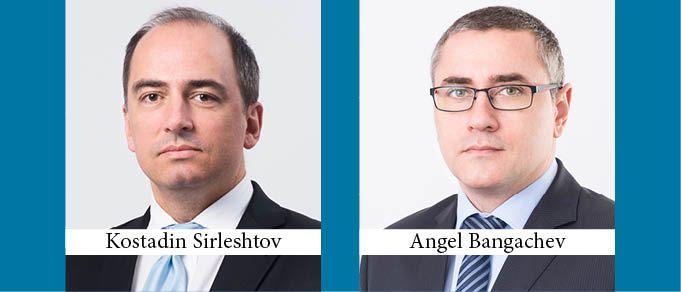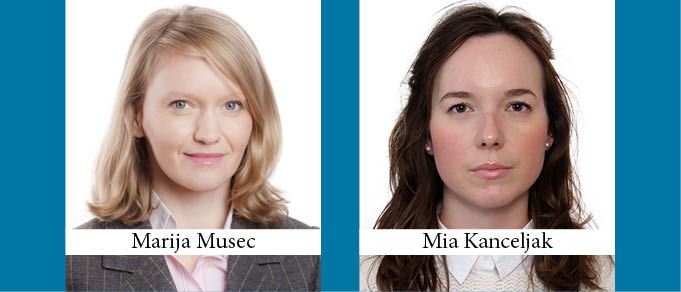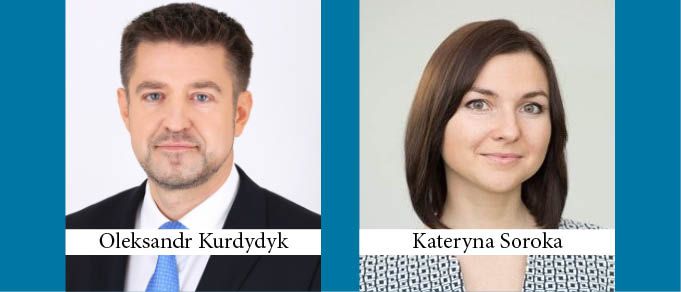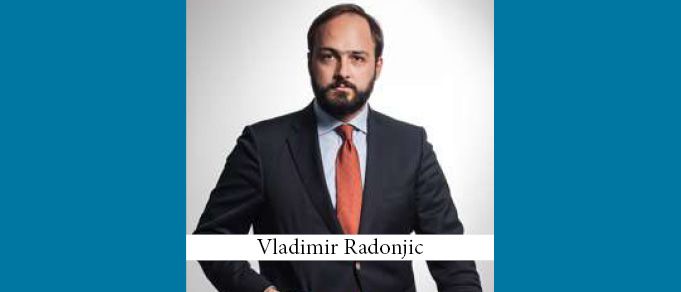The European Union’s General Data Protection Regulation is, according to the EU-hosted GDPR website, “the most important change in data privacy regulation in the past 20 years.” The Act, which was approved by the EU Parliament on April 14, 2016 and will become fully effective on May 25, 2018, was designed “to harmonize data privacy laws across Europe, to protect and empower all EU citizens’ data privacy, and to reshape the way organizations across the region approach data privacy.”
Smiles from the Middle of Europe: Good Times in Austria
Unlike those of its neighbours to the East, Austria’s economy was allowed to operate free of communist interference, allowing the country to hit well above its weight, comparatively-speaking. Thus, although Austria is the 11th biggest country in CEE in population, with 8.7 million people, it has the third largest economy, behind only Russia and Poland. And these days, with the global financial crisis now firmly in the rearview mirror, the country is once again able to capitalize on its happy geographical positioning and historical relationship with the former members of the Austro-Hungarian empire.
The In-House Perspective: Austrian General Counsel Share Thoughts on the Outlook for Business
Widely recognized as an entry point for investors seeking opportunities in Eastern Europe and as a hub for the region, Austria is home to a large number of regional General Counsel and Heads of Legal. We reached out to a number of them to get their perspectives on this critical gateway to CEE.
Private-Public Infrastructural Development of Construction Land
Implementation of large-scale real estate development projects almost always requires the simultaneous development of new or upgrades to existing public infrastructure necessary for the unimpeded use of the main project. Back in the old days, real estate development projects suffered, from time to time, from slow public infrastructure development since the relevant public authorities either had no interest in or had no available funds to develop the missing infrastructure.
PPPs vs. Concessions in Russia
Public private partnerships and concessions are effective tools to allow governments to partner with the private sector to develop and finance key infrastructure projects. These forms of collaboration are particularly relevant in Russia, where infrastructure investment needs are estimated by the World Bank to be about USD 1 trillion.
A Source of Optimism in Poland
In December 2017, CMS published the latest edition of its annual “Infrastructure Index” report, which compares the political, economic, and legal environments for investors in infrastructure in 40 countries and constitutes a guide to the world’s most attractive destinations for infrastructure investment. According to the report, the five most attractive destinations for infrastructure investment are the Netherlands, Canada, Germany, the United Kingdom, and Australia.
Review of PPP/Infrastructure in Bulgaria
Last year was a good year for the Bulgarian economy, which registered 3.6% GDP growth. The Bulgarian Government plans to further boost the economy in 2018, and initial projections vary from 3% to 4% growth. The main trigger for this will be the continuation of spending public funds on strategic infrastructure projects.
Advanced PPP Legislation But No Projects?
Croatia stands among the highest ranked countries when it comes to the compliance of its PPP legislative framework with international standards. Reports issued by international institutions such as the EBRD and the EIB have praised Croatia for its elaborate legal framework, strong institutional capacities, transparent procurement practices, easy access to justice (including arbitration), and a range of security instruments facilitating financing.
Public Private Partnership Projects in Bosnia and Herzegovina
The constitutional and legislative structure of Bosnia and Herzegovina (BiH) is complex since it is composed of two entities – the Republic of Srpska (RS) and the Federation of Bosnia and Herzegovina (FBiH) – and Brcko District (BD) as a separate unit, and the legislation is adopted on the state level, entity level, and – in FBiH – on the cantonal level. This means that in BiH as such there is no unified Law on PPP, but rather 12 laws on PPP. While the RS and BD adopted their PPP laws in 2013 and 2010, the FBiH drafted a Law on PPP in 2009 which remains in the adoption process. In addition, the cantons in the FBiH have their own set of PPP laws.
How Concession Can Improve the Sleepy Rollout of Broadband Internet-Access in Austria
Austria is definitely lagging behind in terms of Fiber-to-the-Home (FTTH) penetration: According to recent data of the FTTH Council Europe, only one country worldwide has a worse penetration rate than Austria, while other sources suggest there are two countries below Austria. For this reason many initiatives have been implemented on municipal and provincial levels to provide Austrian households and undertakings with high-speed Internet access in parts of the country where a purely commercial assessment would not justify such investments. Obviously this is not yet enough.
Ukrainian Sea Ports Attract Investors
The Ukrainian government has declared its intention to implement the success story of European countries in the sphere of public-private partnerships. In order to implement those ambitious plans the government has established a Project Office for PPP to work closely with international investors and lobby for relevant legislative improvements.
The Corner Office: Your Favorite Class
In The Corner Office we ask Managing Partners at law firms across the region important questions about their unique roles and responsibilities. The question this time around: What was your favorite course in law school, and why?
Guest Editorial: Where Has All The Work Ethic Gone?
Some memories never fade away. I remember the first months of my trainee career at Allen & Overy’s newly opened Bratislava office as if they were yesterday. The year was 1998 and we had just moved into new office space. It felt way too big for the team of three lawyers, one PA, and one office manager.
Eager for the EU: Macedonian and Albanian Lawyers Look Forward
The western Balkan countries of Albania, Bosnia and Herzegovina, Kosovo, Montenegro, Serbia, and the Republic of Macedonia share the desire to join the European Union. Two of these countries — Albania and Macedonia — are particularly close to accession. we spoke to several lawyers to learn more about how accession could affect the business landscape and the work of lawyers in the two countries.
Guest Editorial: Balkan Legal Markets, and What it Means To Be a Lawyer in the Region
A decade ago, I was a Competition Law PhD scholar at the City Law School in the London borough of Islington sitting at my desk and watching a beautiful sunset over St. Paul’s Cathedral and thinking about career alternatives and opportunities in front of me.
A Decade After Independence: Hope, Dissapointment, and Potential in Kosovo
Kosovo declared its independence on February 17, 2008, nine years after the 1999 conclusion of its conflict with Serbia, during which time it operated under the protection of the United Nation Mission in Kosovo. The post-war climate in the country was full of hopes for new beginnings, and in 2008 the newly sovereign state began the process of establishing effective and fair legislation, developing an independent economy, and building a protective environment for its citizens.
Pessimism Fails to Fluster: Emerging Europe Enjoys Another Stellar Year of M&A Growth in 2017
Investors had reason to be apprehensive about the prospects of Emerging European markets at the outset of 2017: protracted Brexit negotiations hung a cloud over Europe; Eurosceptic parties were widely expected to succeed in imminent elections; and anti-immigration and nationalistic sentiments reared their ugly head.
Guest Editorial: Sowing Fresh Fields in CEE
The editors of CEE Legal Matters have very kindly asked me to contribute this month’s guest editorial and I am afraid in return I am going to pose a very impertinent question. The question I wish to ask is: is there any such thing as “CEE Legal Matters”?











































